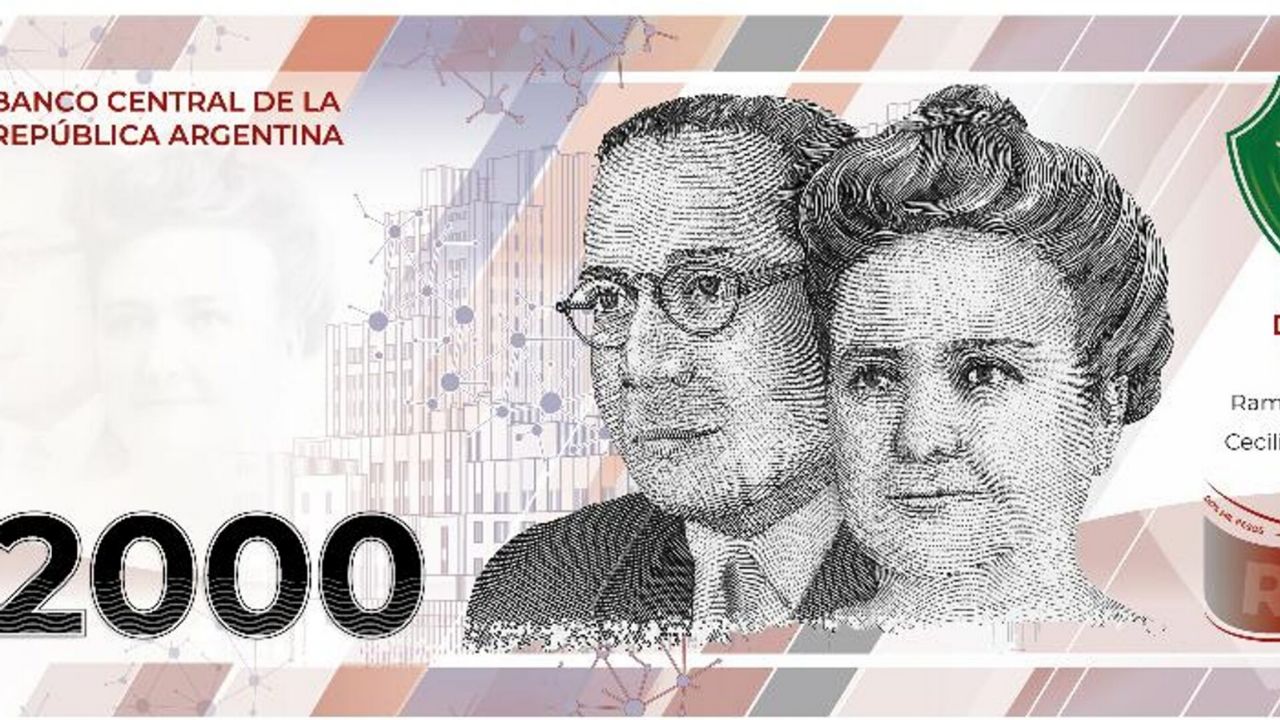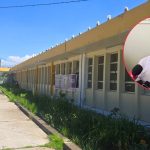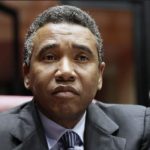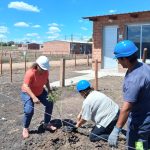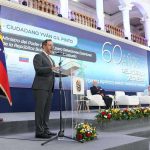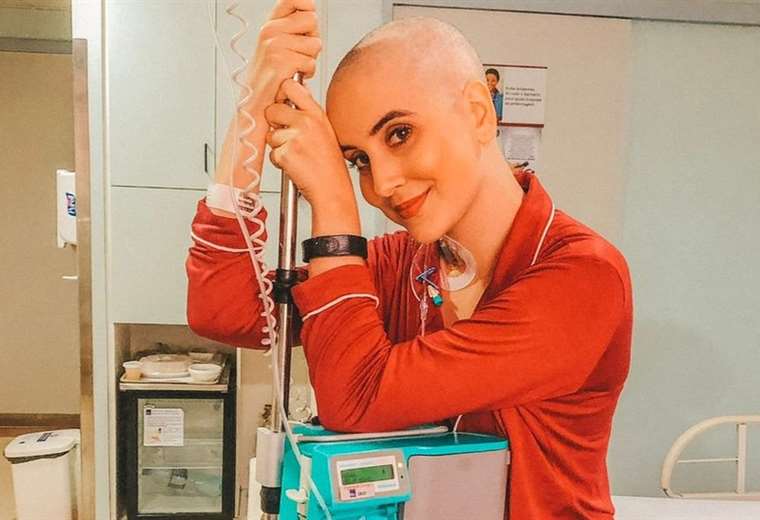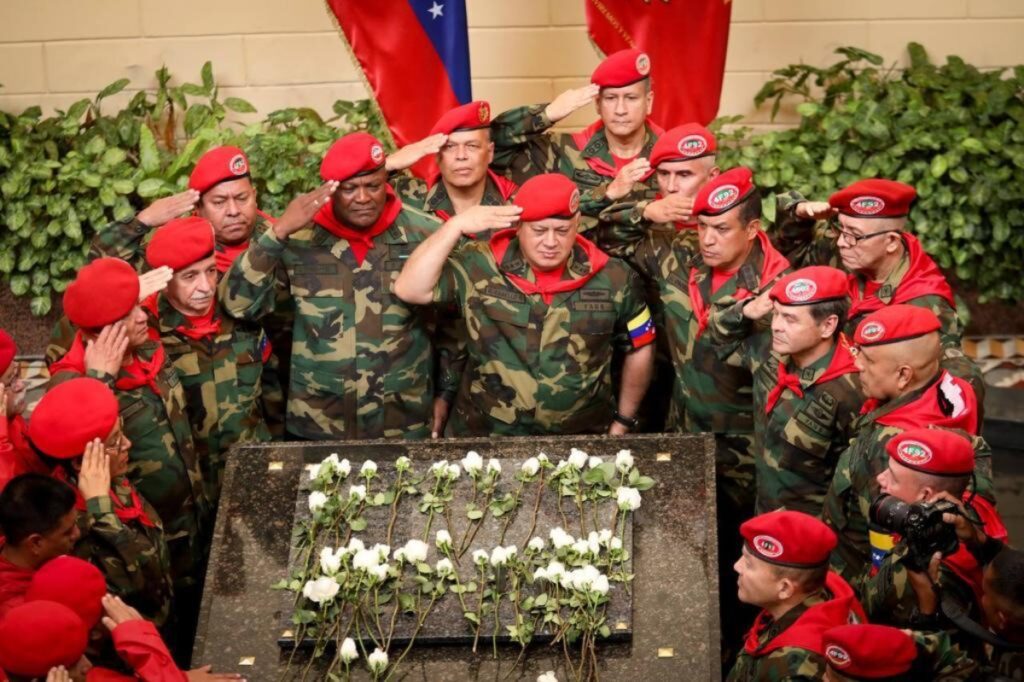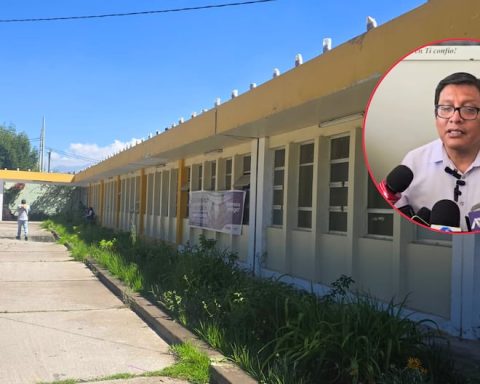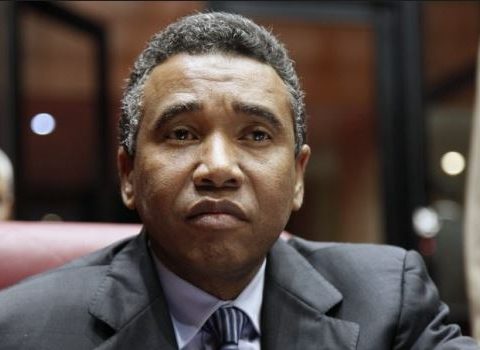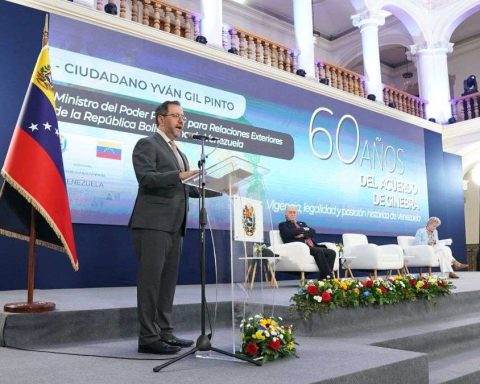The Board of the Central Bank of the Argentine Republic (BCRA) approved the issuance of a new ticket of $2,000, to commemorate the development of Science and Medicine in Argentina.
In this way, the new ticket of $2,000 will become the coin with the highest denomination in the country, which will be incorporated into the current Peso Line. From the BCRA, they informed that “it will have as protagonists the Malbrán Institute, Dr. Cecilia Grierson and Dr. Ramón Carrillo, precursors in the development of Medicine in our country.”
Thus, on the back of the ticket of $2,000, will be Carrillo and Grierson, while the support will commemorate the National Institute of Microbiology Dr. Carlos G. Malbrán.
Although an exact date has not been defined for now, the new coin is expected to start circulating during the second half of this year. Although the ticket It will not represent more purchasing power for citizens, it will save printing costs for the mint.

Likewise, it will make it easier for citizens to handle cash, since they will be able to have the equivalent of more money in less ticketsWell, until now, the paper with the highest denomination was $1,000.
It should be remembered that the Government had relaunched the tickets of 100, 200, 500 and 1,000 pesos last year and interrupted the series “native animals”, which had come into circulation between 2016 and 2018 during the presidency of Mauricio Macri.

While, For now, higher denomination papers, such as the $5,000, are not expected to be printed.. However, the BCRA detailed: “While the payment digitization process progresses, this ticket with a larger denomination will improve the operation of ATMs and, at the same time, optimize the transfer of cash”.
Who were Cecilia Grierson, Ramón Carrillo and Carlos Malbrán
The characters that will be commemorated in the new currency They are Cecilia Grierson, Ramón Carrillo and Carlos Malbrán. As explained by the BRA, “Cecilia Grierson was the first doctor in Argentina, graduating in 1886 from the Faculty of Medicine of the University of Buenos Aires. She created the First School of Nursing in Latin America, with a formal study plan; in addition was a founding member of the Argentine Medical Association”.

For his part, “Ramón Carillo was a neurosurgeon, neurobiologist, sanitary doctor and the first Minister of Health of the Nation. He graduated from the Faculty of Medicine of the University of Buenos Aires, in 1929, with a Medal of Honor, and is recognized for the legacy of his ideas. As a minister, he promoted massive vaccination campaigns and eradicated endemic diseases such as malaria in two years.”
The Dr. Carlos Malbrán Health Institute “is a decentralized public body, whose fundamental mission is to participate in scientific and technical policies related to health aspects of the public sphere. It was formally founded in 1893, with the aim of developing products biologicals to treat infectious diseases” under the name of the famous doctor, who was a pioneer in bacteriological research in the country.
